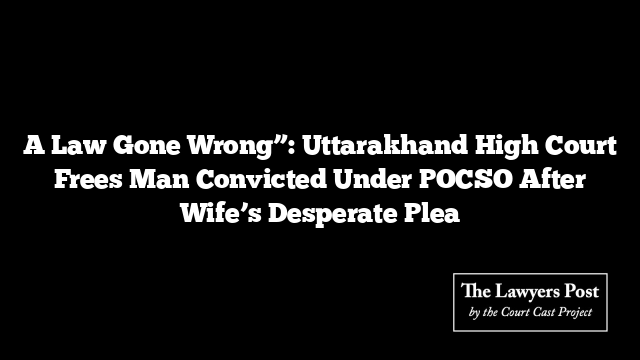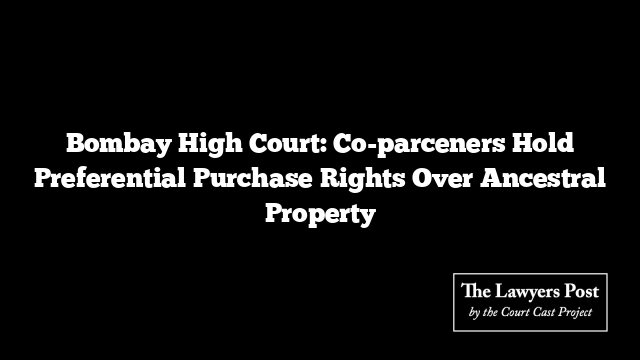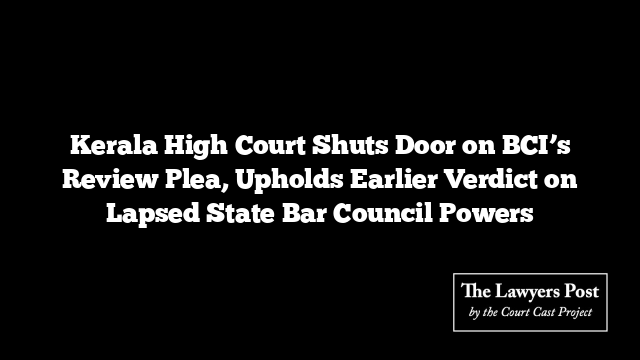In a case that blurred the line between law and lived reality, the Uttarakhand High Court set aside the conviction of a man imprisoned under the POCSO Act—after his wife, the supposed “victim,” stood before the Court and begged for his freedom.
The woman told the judges she was not a victim but a wife who had been left destitute “on account of the law’s machinery.” Working as a housemaid and fighting her husband’s legal battle, she described how his conviction had turned her life into a daily struggle for survival.
Her husband had been jailed in 2022 after her father accused him of luring her away. The police booked him under kidnapping, rape, and aggravated sexual assault provisions—Sections 363 and 376(2)(n) of the Indian Penal Code and Section 5(I) of the POCSO Act. A trial court later sentenced him to 20 years of rigorous imprisonment.
But the High Court, led by Chief Justice G Narendar and Justice Alok Mahra, found the conviction built on air. “This is not a case of insufficient evidence,” the judges observed. “It is a case of no evidence at all.”
They pointed out that neither the place of offence nor any forensic link to the accused was ever established. What shocked the bench most was that the trial court had relied on a supposed statement of the victim under Section 164 CrPC—a document that was never even marked as an exhibit.
The High Court noted that the woman had turned hostile long ago, denying any sexual relationship or wrongdoing by her husband. Yet the trial court had filled the gaps with inference, even presuming sexual assault based solely on the fact that her clothes were seized for examination.
The forensic report, too, failed to connect the accused to the traces of semen found on the woman’s clothes. “There is no finding that it belongs to the appellant,” the bench remarked, calling the lower court’s reasoning “more than shocking.”
The judges ordered the man’s immediate release, suspending both conviction and sentence. They also accepted his counsel’s plea that he be freed on a ₹10,000 deposit under Section 445 CrPC, noting his orphaned upbringing and difficult life as a driver.
Interestingly, the High Court is simultaneously hearing a Public Interest Litigation that challenges the use of POCSO against teenagers in consensual relationships—a debate that echoes through this case.
For now, one woman’s cry against a misapplied law has rewritten a judgment, and perhaps nudged the justice system to pause and ask what “protection” really means.





